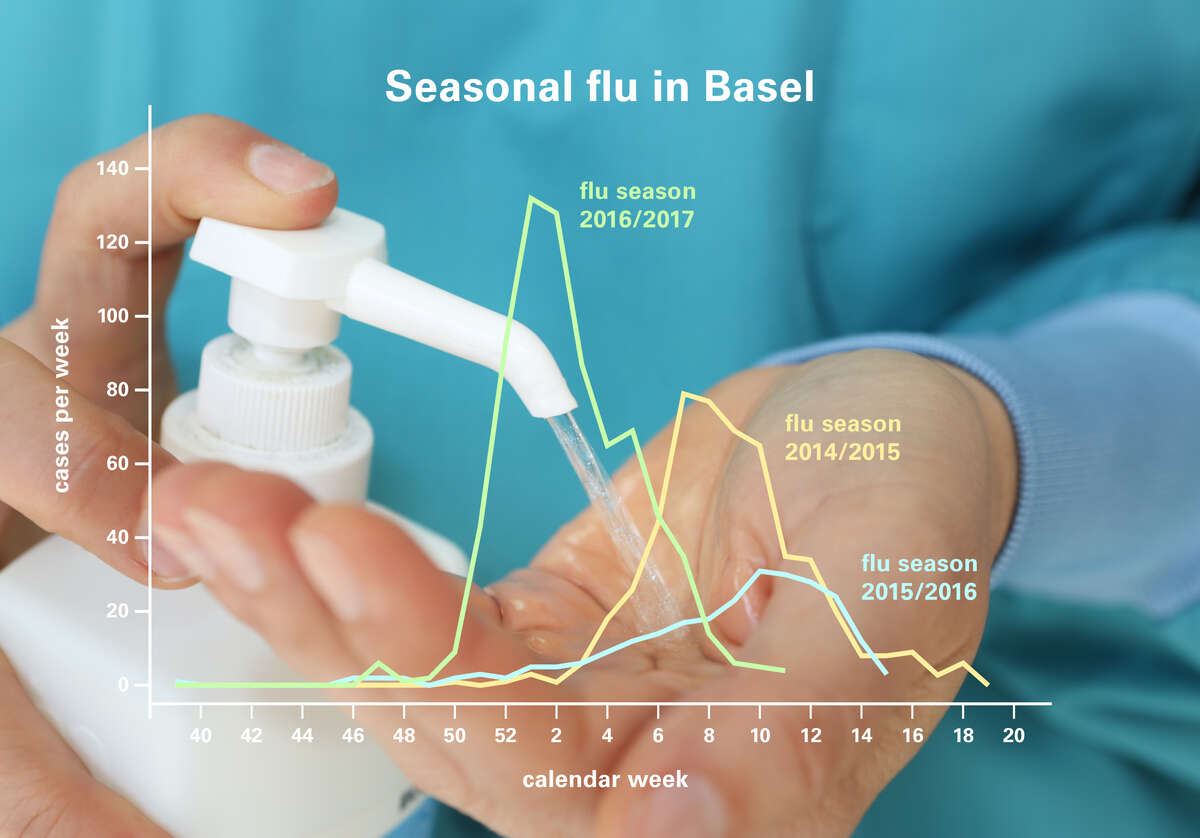Prof. Richard Neher talks about influenza
Every year we are plagued by a new flu epidemic. Richard Neher and his team are investigating the spread and evolution of the flu virus. They also predict which virus is in the starting blocks for the following year.
On what do you base your predictions?
We take genome sequences of the viruses we get from international influenza databases. With this data we create pedigrees of the viruses and can thus show how they develop and change. This enables us to give the health authorities a recommendation for the composition of the new flu vaccine.
So, do you predict the type of vaccine needed for the next flu season?
Not really. Many different aspects influence this decision. It can happen, for example, that a prediction is made for a virus variant for which there is no virus representative at hand for a vaccine. In short, it is not always technically possible to produce what the forecast recommends. In addition, much caution is required in the preparation, because if one cannot say with certainty how a vaccine with a virus variant will react during production or how the body will respond, it can actually do more harm than good.
Who ultimately decides which influenza vaccine will be manufactured in the coming year?
In the end, the health authorities issue a recommendation half a year in advance to the pharmaceutical companies.
Why so early?
It takes a good six months to produce a new influenza vaccine. Therefore, we need to predict about one year ahead, which virus variants will circulate in the next flu season.
One year is long. During this time, a virus still has many chances to mutate...
Yes, one can only hope that the vaccine produced for the next flu season actually fights the influenza viruses that are circulating around the world at the time. The forecasts are only about 75 percent accurate, so a little luck is also involved.
Does it always need to be a new vaccine or can one go back to old tried and tested ones?
No, it does not work like that. New vaccines have to be developed over and over again, because it is highly unlikely that a past virus variant will reappear. So, the game starts every year anew.



